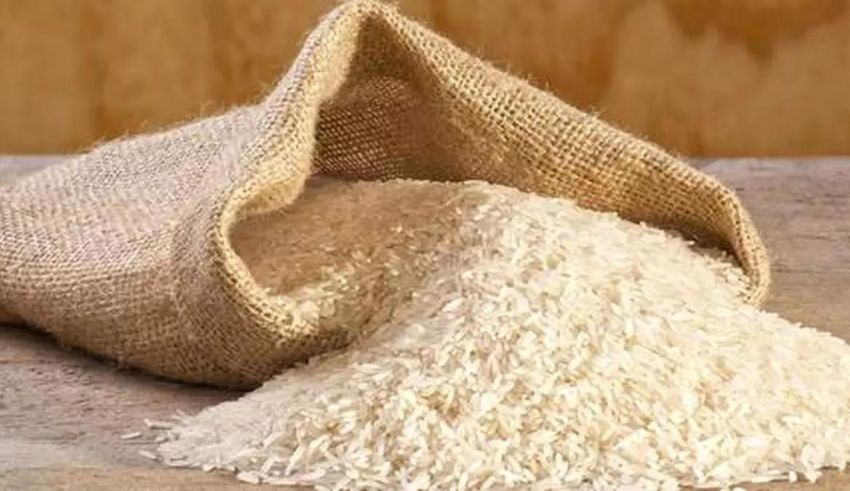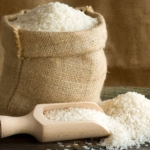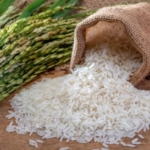
Not only has Russia withdrawn from the Black Sea grain agreement, but India’s recent announcement of a ban on the export of various rice varieties has also contributed to the current upheaval in the world food markets. This partial pullout from the rice market has caused severe concerns about the likelihood of uncontrollable food inflation, especially in nations of the Global South already facing economic difficulties, given India’s almost 40% participation in the global rice trade. The decision to enforce an export embargo has sparked arguments over its effectiveness, both economically and geopolitically, despite justifications from New Delhi related to rising food prices and forthcoming elections.
Export Bans: A Questionable Solution
The justification for India’s decision to impose an export ban in response to rising domestic food prices is being called into doubt by Indian economists. Critics contend that the government’s large rice reserves could be used to stabilise prices and address worries about food inflation if they were given to less fortunate individuals or sold on the open market. Nevertheless, control-obsessed bureaucrats in New Delhi appear to choose export bans as their first line of defence, escalating food poverty in the developing world at risky times.
An Unfavorable Pattern
India has used export restrictions in response to changes in the international market. India stopped exporting wheat after Russia invaded Ukraine, worsening the situation for the developing world as it needed assistance. The reality is that farmers frequently face the brunt of these decisions, despite the fact that governments argue that such restrictive trade rules help subsistence farmers. Export restrictions at a time when rising prices deprive farmers of significant chances to increase their profits and standard of living.
Global Ramifications
India must understand that its choices have broad repercussions if it is to assert its position as an international power. Rice export restrictions have led to panic buying in nations like the United States, especially among customers of Indian heritage who are attempting to stockpile different Indian rice varieties. The famous Indian type, basmati, was exempted from the prohibition, although this does little to appease those who prefer alternative shorter-grain kinds, particularly those from South India.
Keep Reading
The Dubious Effectiveness
The experience of India with wheat export restrictions suggests that the limits could not have the desired effect. India nonetheless managed to export nearly twice as much wheat in the summer of 2022 as it did the year before, despite the restriction on exporting wheat. Contracts established before the prohibition were honoured, and special arrangements were made for particular wheat shipments, demonstrating the ineffectiveness of such efforts in regulating markets.
The decision by India to prohibit the export of several rice types has caused serious concern about the possible repercussions on the world’s food markets, especially in fragile countries of the Global South. India must consider how its policy decisions would affect the rest of the globe as it aspires to be a global leader. Alternative measures like giving stocks to citizens or releasing them into the open market should be carefully considered, as export prohibitions may not always be the best solution to domestic problems. India must strike a careful balance between treating home issues and advancing international goals to maintain its position as a responsible leader of the developing world.



























